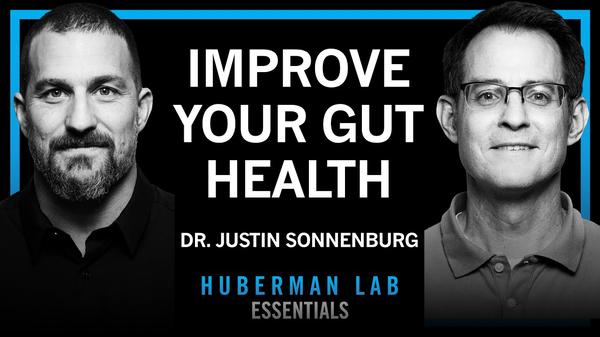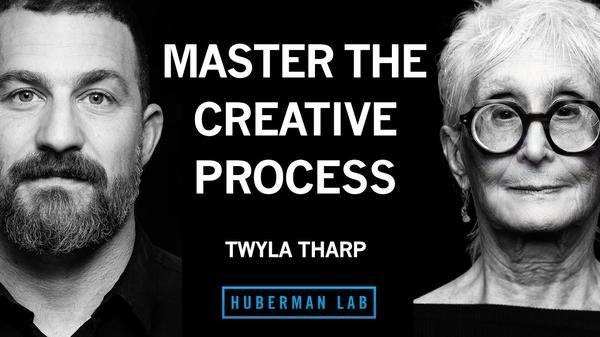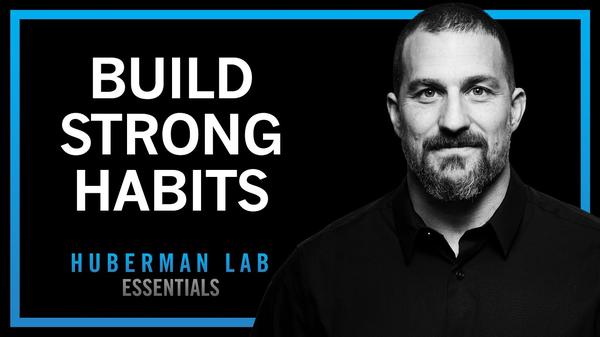
How Different Diets Impact Your Health | Dr. Christopher Gardner
Andrew Huberman
May 12, 2025
Mindsip insights from this episode:
Build gut microbial diversity before increasing fiber intake
People with low baseline gut microbial diversity can have an adverse inflammatory reaction to a sudden high-fiber diet, suggesting diversity should be built up first.
Adopt vegan diet to reverse biological age
In a study of identical twins, the twin on a vegan diet for just eight weeks became biologically younger based on epigenetic clocks and had longer telomeres.
Debunk the myth: plants contain all amino acids
The belief that plant proteins are 'incomplete' or 'missing' amino acids is a myth; all plants contain all 20 amino acids, just in different proportions than meat.
Understand protein RDA as a threshold for 97.5% of the population
The Recommended Daily Allowance (RDA) for protein is not an average requirement but is set two standard deviations above the estimated average, designed to be sufficient for 97.5% of the population.
Collaborate with chefs to transform institutional diets
The most effective way to improve a population's diet is not through education but by working with chefs to make healthy, sustainable food unapologetically delicious in institutional settings.
Try the protein flip to prioritize plant-based foods
The 'protein flip' is a dietary concept that makes vegetables, grains, and beans the center of the plate, using meat as a smaller condiment or side dish.
Address investigator bias to improve nutrition science integrity
Investigator bias, such as designing a study to make one diet look better than another, can be a bigger problem in nutrition science than direct industry funding.
Diversify wheat consumption to address gluten intolerance
Widespread gluten intolerance may be due to the overconsumption of a single, non-diverse type of refined wheat that dominates the American diet.
Reject raw milk for lactose intolerance relief
In a controlled study, raw milk provided no benefit for lactose intolerance, causing the exact same symptoms as conventional pasteurized milk.
More from
Andrew Huberman
You also might be interested in
#1 Nutrition Scientist: This Is Why You Struggle To Lose Weight | Kevin Hall, PhD
The 5 Pillars That Will Transform Your Health In 2026
The Coffee Evidence Just Changed
How Laura Modi Is Rewriting Baby Formula
Ketogenic diet, ketosis & hyperbaric oxygen: metabolic therapies for weight loss, cognition, Alzheimer's & more | Dom D'Agostino, Ph.D.











